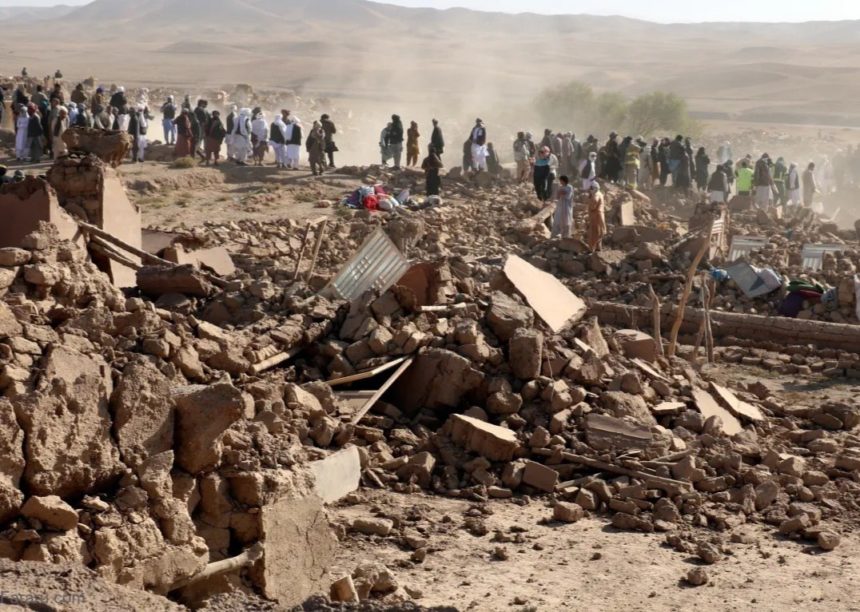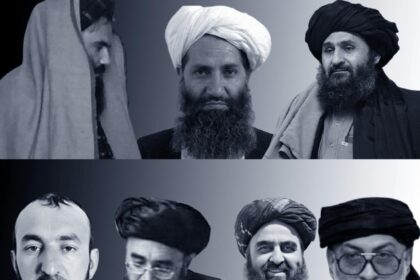RASC News Agency: In the aftermath of the recent seismic upheaval in Herat province, along with the ensuing loss of life and devastation, the United Nations Population Fund (UNFPA) has pronounced an urgent call for assistance, estimating that approximately 318,000 individuals in Herat province are in dire need.
According to a statement released by the UNFPA on Monday, October 16, it has been disclosed that out of the 318,000 people requiring immediate humanitarian aid, approximately 76,000 are identified as women and girls. Moreover, amidst this vulnerable female population, the UNFPA underscores that around 7,400 are expectant mothers.
The UNFPA reaffirms its unwavering commitment to establishing conducive environments for pregnant women affected by the Herat earthquake, ensuring that they have unfettered access to essential and appropriate facilities.
These extensive endeavors materialize in the wake of severe and moderate tremors that have jolted parts of western Afghanistan, chiefly Herat province, exacting a considerable toll in terms of both human lives and substantial property damage experienced by the province’s inhabitants.
Adding to the grim landscape, the United Nations International Children’s Emergency Fund (UNICEF) has meticulously reported that a significant majority of those severely impacted by this earthquake were, alas, women and children.
Moreover, a number of international relief organizations have verified that the women who managed to survive this natural catastrophe are now grappling with profound psychological trauma.
It is noteworthy that in response to the earthquakes in Herat province and the escalating number of affected individuals, numerous countries worldwide have expressed their readiness to extend aid, mobilizing support to alleviate the suffering of these earthquake victims. As a result, relief efforts from various nations are already being distributed to those who have been adversely affected.
Conversely, Rangin Dadfar Spanta had previously underscored in his statement that due to the Taliban’s oppressive measures, women and girls were deprived of the freedom to flee their homes, tragically augmenting the number of female casualties in the Herat tragedy.






